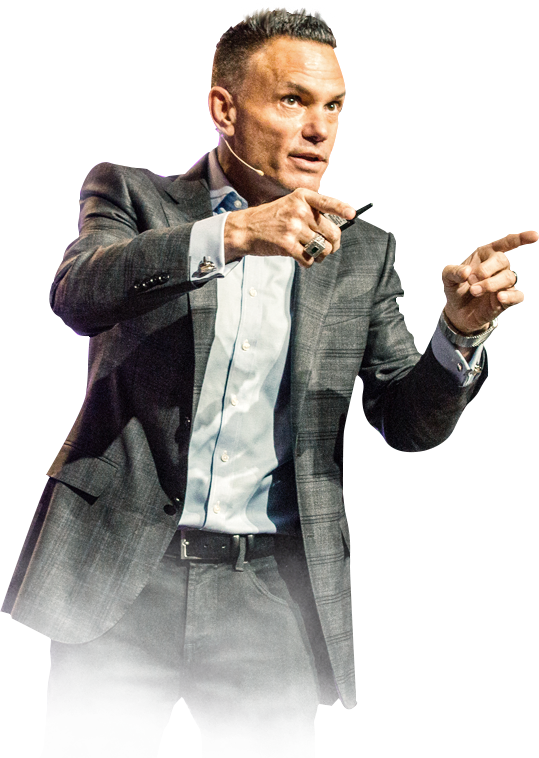
Metrics for judging a person’s business value can be a tricky thing, particularly since products and industries are so subjective. Yet it’s pretty common for people to gauge their own value based on levels of experience. Someone is “senior-level,” for instance, based on the years they’ve logged to earn that status. The same is typically true with top executives.
But determining one’s value — or level of influence — has a lot more moving parts than simply years worked or the length of a resume.
It starts with credibility.
A Key Person of Influence doesn’t shrink from questions about who they are or what they do. They have ready explanations that are crisp, cogent and powerful.
In a networking setting, ask yourself whether you always speak clearly, with authority.
If not, this is a skill that must be developed and honed. Do you fumble when queried about whether you have unique industry insights? What about when asked for relevant case studies or whether you’ve been published?
All of these elements are factors that can set you apart from the pack, especially when making a business pitch or huddling with screened influencers. It’s not enough to pocket some business cards and score a few LinkedIn connections.
You need an elegant business model
One that fits nicely with your brand and the ability to articulate it with ease, confidence and authority.
When you reliably exhibit thought leadership, you’ll be surprised by the preponderance of opportunity.



